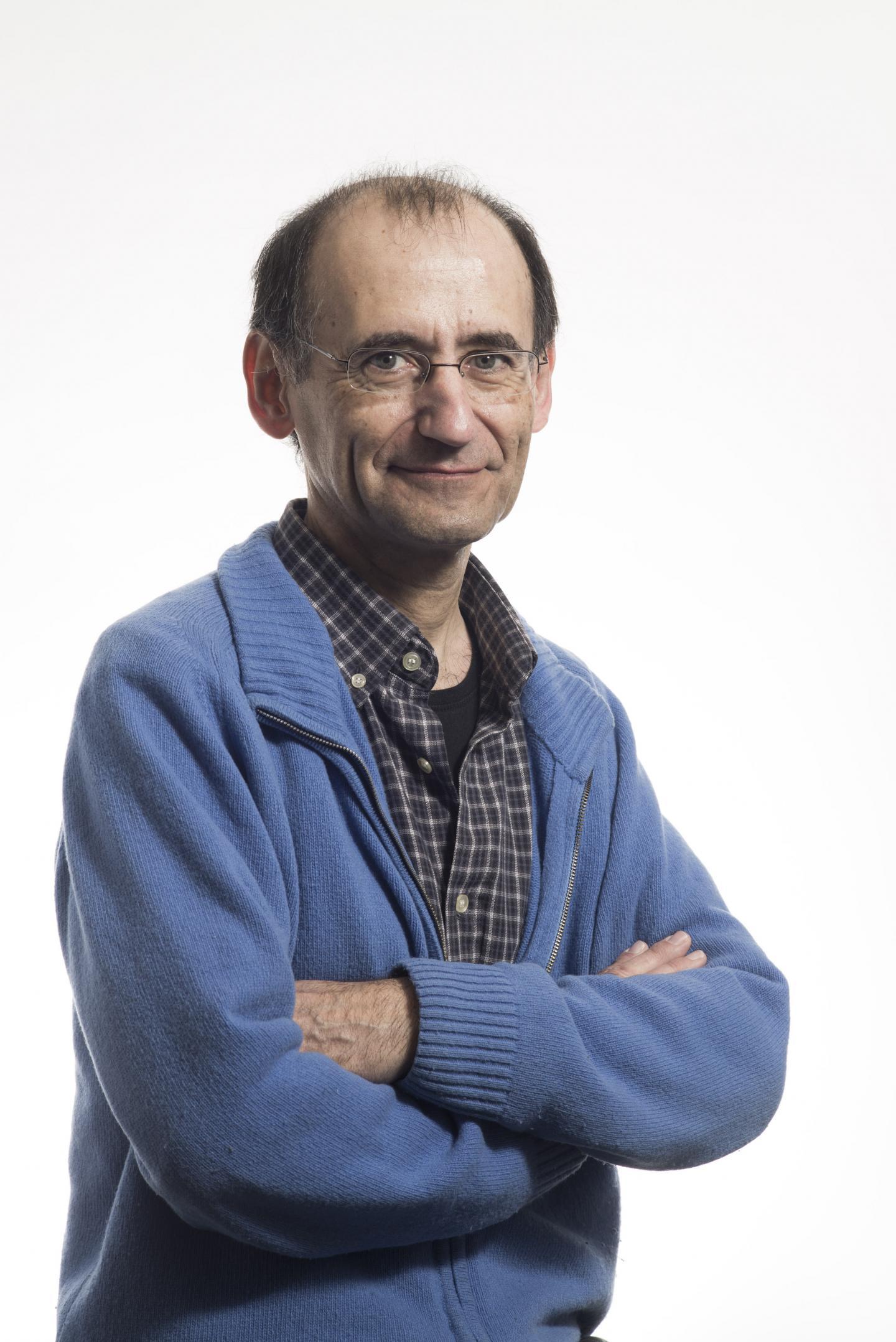One kind of stem cell, those referred to as 'facultative', form part—together with other cells—of tissues and organs. There is apparently nothing that differentiates these cells from the others. However, they have a very special characteristic, namely they retain the capacity to become stem cells again. This phenomenon is something that happens in the liver, an organ that hosts cells that stimulate tissue growth, thus allowing the regeneration of the organ in the case of a transplant. Knowledge of the underlying mechanism that allows these cells to retain this capacity is a key issue in regenerative medicine.
Headed by Jordi Casanova, research professor at the Instituto de Biología Molecular de Barcelona (IBMB) of the CSIC and at IRB Barcelona, and by Xavier Franch-Marro, CSIC tenured scientist at the Instituto de Biología Evolutiva (CSIC-UPF), a study published in the journal Cell Reports reveals a mechanism that could explain this capacity. Working with larval tracheal cells of Drosophila melanogaster, these authors report that the key feature of these cells is that they have not entered the endocycle, a modified cell cycle through which a cell reproduces its genome several times without dividing.
"The function of endocycle in living organisms is not fully understood," comments Xavier Franch-Marro. "One of the theories is that endoreplication contributes to enlarge the cell and confers the production of high amounts of protein". This is the case of almost all larval cells of Drosophila.

Jordi Casanova is the co-leader scientists of the study published in Cell Reports
The scientists have observed that the cells that enter the endocycle lose the capacity to reactivate as stem cells. "The endocycle is linked to an irreversible change of gene expression in the cell," explains Jordi Casanova, "We have seen that inhibition of endocycle entry confers the cells the capacity to reactivate as stem cells".
Cell entry into the endocycle is associated with the expression of the Fzr gene. The researchers have found that inhibition of this gene prevents this entry, which in turn leads to the conversion of the cell into an adult progenitor that retains the capacity to reactivate as a stem cell. Therefore, this gene acts as a switch that determines whether a cell will enter mitosis (the normal division of a cell) or the endocycle, the latter triggering a totally different genetic program with a distinct outcome regarding the capacity of a cell to reactivate as a stem cell.
No hay comentarios:
Publicar un comentario